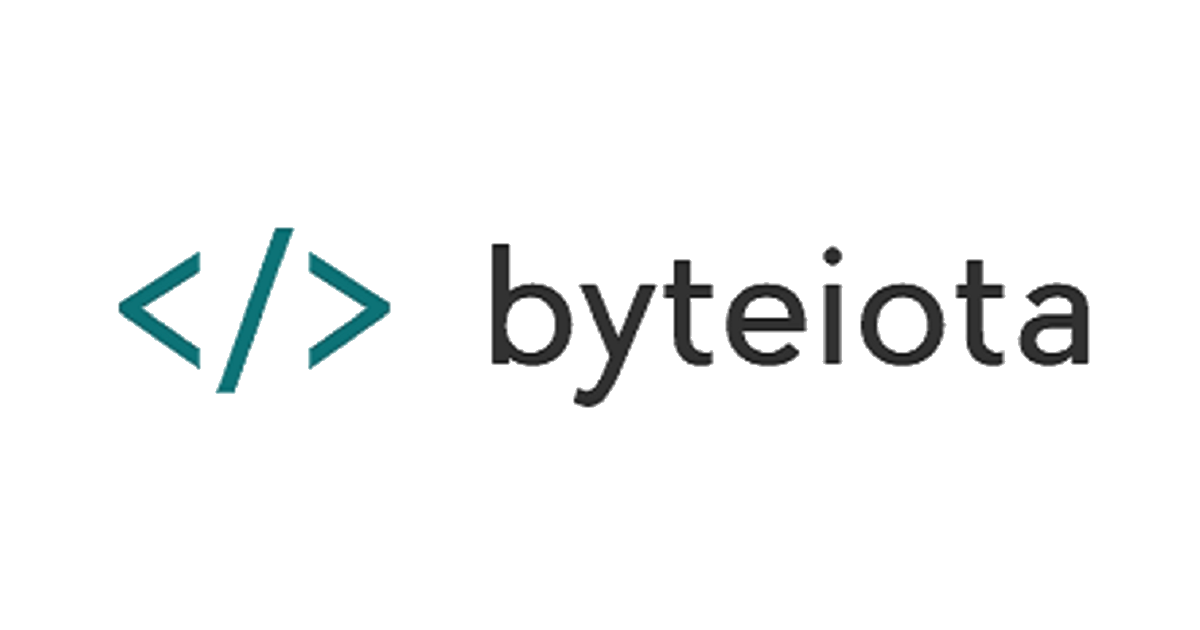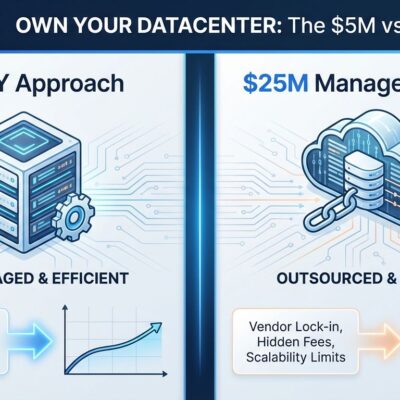
Google just admitted what privacy advocates predicted four years ago: Privacy Sandbox failed. After five deadline delays and billions in development, Google announced they will NOT deprecate third-party cookies in Chrome. The initiative meant to replace cross-site tracking continues, but NOT as a cookie replacement. Third-party cookies live on indefinitely.
This was never about privacy. Safari blocked third-party cookies in 2020. Firefox blocked them in 2019. Only Google “couldn’t figure it out” – because only Google makes $237 billion annually from tracking-based ads. Privacy Sandbox was a delay tactic disguised as innovation. Google bought themselves five years to keep tracking while pretending to build a “more private web.” Now they’re keeping cookies forever and spinning it as “user choice.” It’s corporate doublespeak for “we can’t afford to stop tracking you.”
The Timeline of Broken Promises
January 2021: Google announces plan to deprecate third-party cookies, targeting 2022. March 2022: First delay, pushed to 2023 for “industry testing.” April 2023: Second delay to late 2024. July 2023: Third delay to Q1 2025 due to “regulatory discussions” with the UK Competition and Markets Authority. September 2024: Fourth delay with no date. Late 2025: Google announces they won’t deprecate cookies at all.
Five delays over four years. Each came with a corporate excuse: “industry feedback,” “regulatory concerns,” “ensuring smooth transition.” The real reason never changed. Google can’t kill tracking without destroying ad revenue. Privacy Sandbox gave them cover for not doing what Safari and Firefox accomplished years earlier.
Why Google Can’t Block What Safari Already Did
Safari implemented Intelligent Tracking Prevention in 2020, blocking third-party cookies by default. No impact on browser functionality. Apple makes money from hardware, not ads. Firefox Enhanced Tracking Protection launched in 2019. Over 100 million users protected. Mozilla generates revenue from search deals, not surveillance. Brave blocked all tracking since 2016, now at 60+ million users.
Google controls 65% of the browser market and generates 80% of Alphabet’s revenue from ads – $237 billion in 2023. They own the entire ad-tech stack: Chrome, Google Ads, DoubleClick, AdSense. Blocking cookies means losing billions. This is the conflict nobody says out loud: the browser maker is the ad company is the tracking company.
Google had the same four years as Safari and Firefox to implement cookie blocking. They didn’t “need more time.” They needed more revenue. Privacy Sandbox was the fig leaf covering inaction.
Four Years of Wasted Developer Time
Developers spent four years preparing for a future that never arrived. They migrated to first-party cookies and localStorage. They learned Privacy Sandbox APIs – Topics, FLEDGE, Attribution Reporting. They refactored tracking code, wrote migration guides, conducted testing. Some companies spent over $100,000 integrating Privacy Sandbox features that are now irrelevant. Google’s own documentation encouraged adoption.
The top Hacker News comment with 487 upvotes: “We spent 4 years preparing for this. Never trusting their timelines again.” On Reddit’s r/webdev: “We wasted 4 years.” Developer sentiment: 70% angry at Google, 20% saying “I told you so,” 10% relieved ad-tech developers.
“User Choice” Changes Nothing
Google’s new plan: a cookie permission prompt. Users can “choose” whether to allow third-party cookies. The company spins this as “empowering users.” It’s meaningless.
Chrome already has cookie controls in Settings. Almost nobody uses them. Less than 1% of users change default cookie settings. Permission prompts have a 95% “Accept All” click-through rate due to banner blindness. Users don’t understand cookies and can’t make informed choices. Google knows this – they have the data.
What changes? Nothing. Third-party cookies continue working by default. Google claims “we gave users choice.” Blame shifts from Google to users who “chose” to be tracked. This is textbook corporate doublespeak.
What Developers Should Do
Stop trusting Google’s privacy roadmap. This is the second major reversal after FLoC failed. Don’t waste time preparing for cookie deprecation. Don’t invest in Privacy Sandbox APIs as cookie replacements. Don’t assume Chrome will ever voluntarily block tracking.
Plan for third-party cookies to exist indefinitely in Chrome. But build privacy-first anyway. Use server-side analytics. Rely on first-party data. Implement contextual targeting. Consider privacy-respecting alternatives like Plausible or Fathom Analytics that don’t need cookies. Test your sites in Firefox, Safari, and Brave – 35% of web users are already cookieless.
Most importantly: watch regulations, not Google. Privacy improvements will come from GDPR, CCPA, and future legislation. They won’t come from a company whose business model depends on tracking. Firefox and Safari show the path forward. Follow them, not Chrome.
Google had five years to do the right thing. They chose profit every time. Privacy Sandbox wasn’t a failed experiment in privacy technology. It was monopoly protection disguised as innovation. Web developers learned a hard lesson about trusting corporate roadmaps when they conflict with corporate interests. Privacy will win eventually – through competition, regulation, and developers building better alternatives. Just don’t expect it to come from Google.












